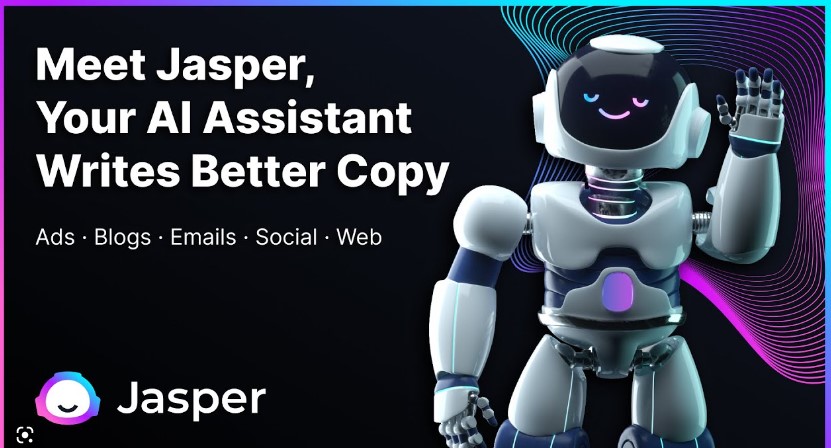Artificial Intelligence (AI) has been used in various aspects of digital marketing for some time now, including content creation. AI-generated content has its place in SEO, but is it helpful or spammy? When Google announced the helpful content update, many wondered if AI-generated content would be impacted by this potentially sweeping change, similar to the Panda algorithm update of 2011. So far, no major impact has been recorded and the question remains whether AI will eventually replace actual writers. Let’s take a closer look at AI-generated content and how it works.
How Does It Work?
AI-generated content works by taking existing information from other sources and rephrasing it into new content. This means that when you create an article with AI-generator tools, you are essentially taking pieces of existing articles, changing some of the words around, and combining them into something new. In essence, this is very similar to what a human writer would do when researching topics and then crafting an article based on their findings.

The Pros and Cons of Using AI Generated Content
Artificial Intelligence (AI) generated content is becoming more popular among website owners looking to save time and resources while still producing quality content. AI generated content can be a great asset for businesses, but it also comes with certain risks that need to be managed. Let’s take a look at the pros and cons of using AI-generated content on your website.
The Pros of AI Generated Content
One advantage to using AI-generated content is that it allows website owners to quickly produce large amounts of copy without having to spend time doing research or writing original work. This can help save time and resources while still generating quality content that is optimized for SEO purposes. Additionally, many AI tools are designed with user experience in mind, which can lead to improved engagement from visitors as well as better overall search rankings since they are now consuming higher quality material on the site.
The Cons of AI Generated Content
While there are many advantages to using AI-generated content, there are also potential drawbacks that should be considered before taking the plunge. One concern is that using these tools could lead to plagiarism issues if not used properly as well as potential copyright infringement in some cases since the software repurposes material from other sources without permission or attribution. Additionally, some people worry that too much reliance on automated tools could lead to a decrease in overall quality of online copy, which could hurt user experience and search rankings over time. Important question to answer is – can Google recognise AI generated content? Some people claim they can, dues to NLP algorithm, but reality is probably much different – ai generated content as far as it is unique, can be extremely difficult to get flagged.
Other thing is – AI generated can’t be used everywhere. Once it could work for blogging, it definitely is not a good solution for website content for some professional fields, where every piece of information counts and plays significant role in the copy. Good examples can be a law firm, or a training organisation (RTO) – in such areas you need content where every coma and full stop counts. We interviewed Peter, from Core Security and he said “In my opinion, in our niche AI generated content can be used only for social media or some “light blogging”, for all relevant pages we need to have it manually generated and checked multiple times as we are audited by the RTO government body and, if our content doesnt fulfill their expectations it has to be amended straight away. We already had this problem not long ago on one of our course pages: https://coresecurity.wa.edu.au/safety-courses/cert-iv-in-work-health-and-safety/
Overall, whether AI generated content is helpful or spammy depends on how it’s being used and for what purpose. For website owners looking for ways to quickly generate large amounts of copy without spending too much time researching or writing original work, automated tools like this can be useful as long as they are used responsibly and within legal limits. However, relying too heavily on these types of solutions could have negative impacts on both SEO efforts as well as the overall quality of online content due to lack of creativity and insight which only humans can provide. Therefore, it’s important for users of these technologies to understand both the advantages and disadvantages before implementing them into their digital marketing strategies.





